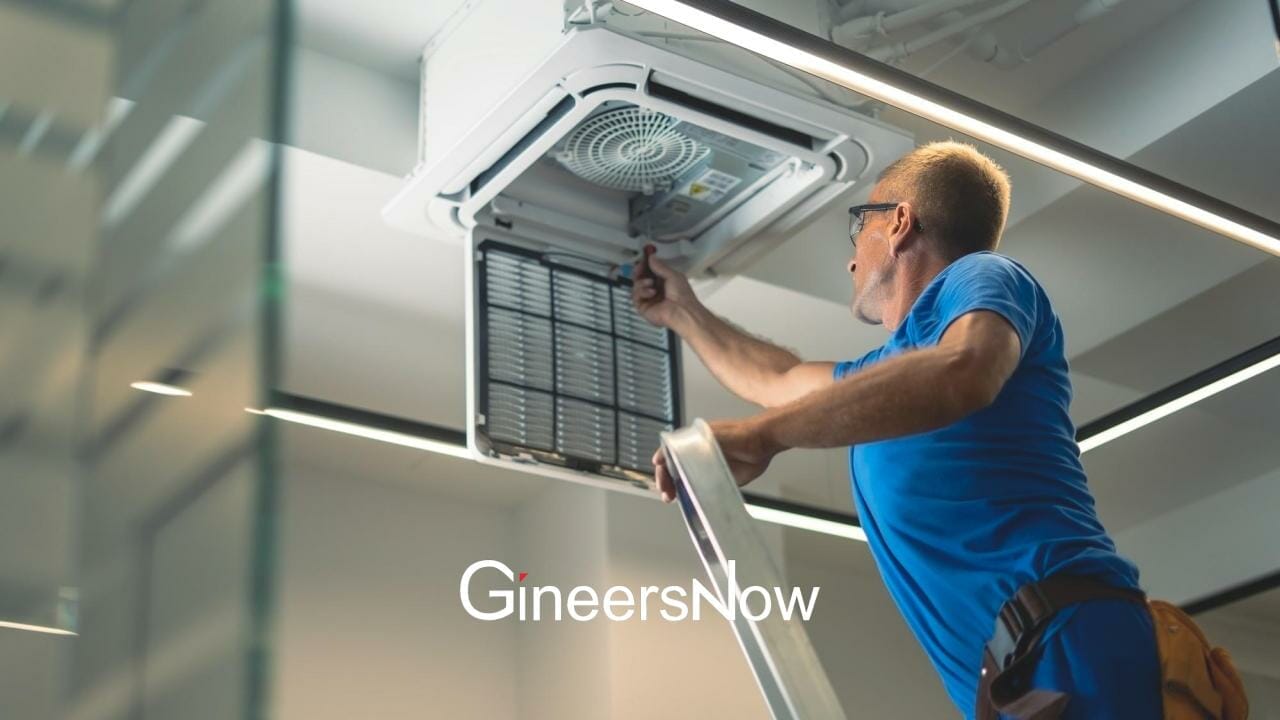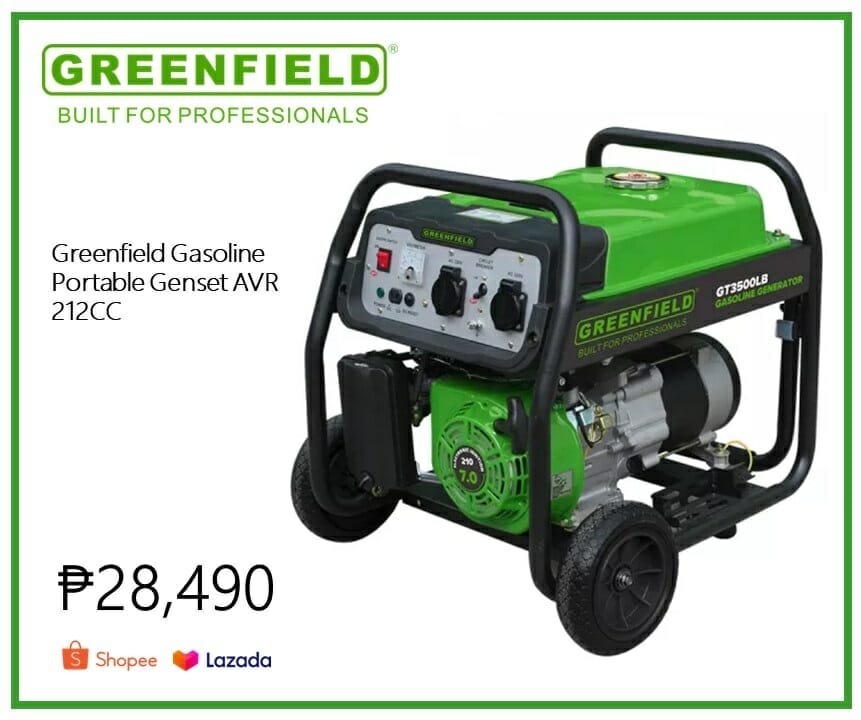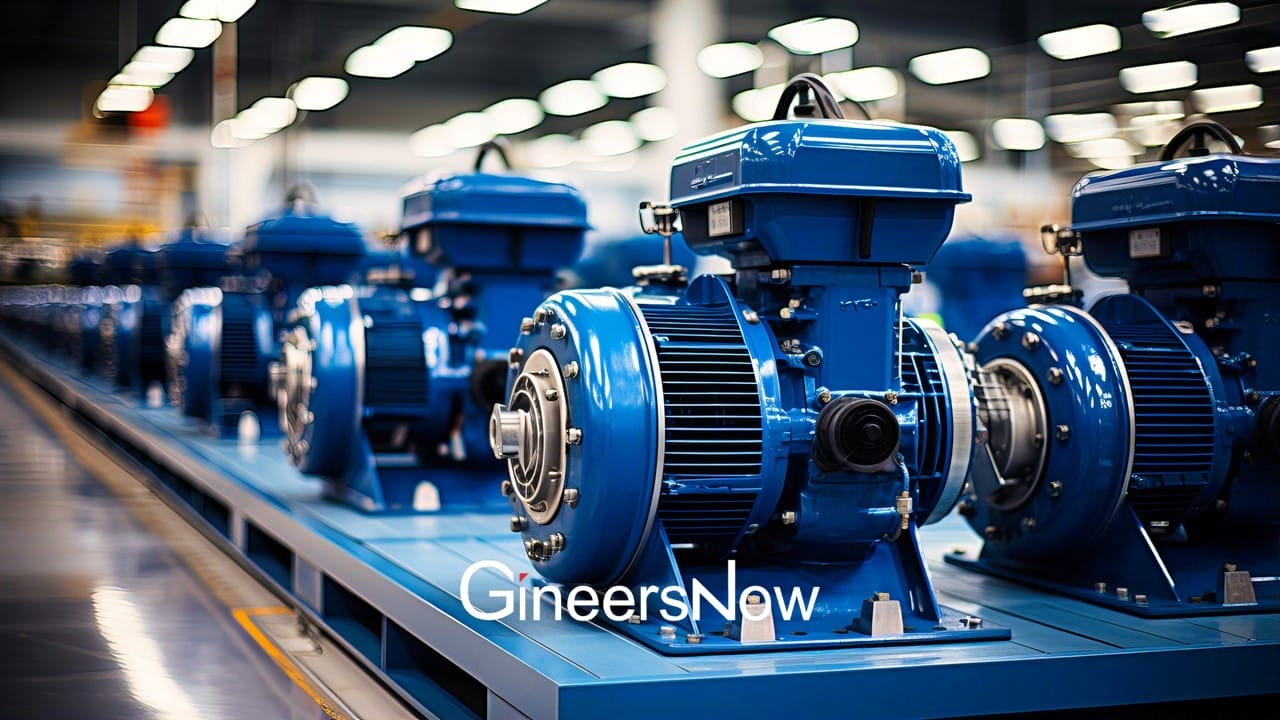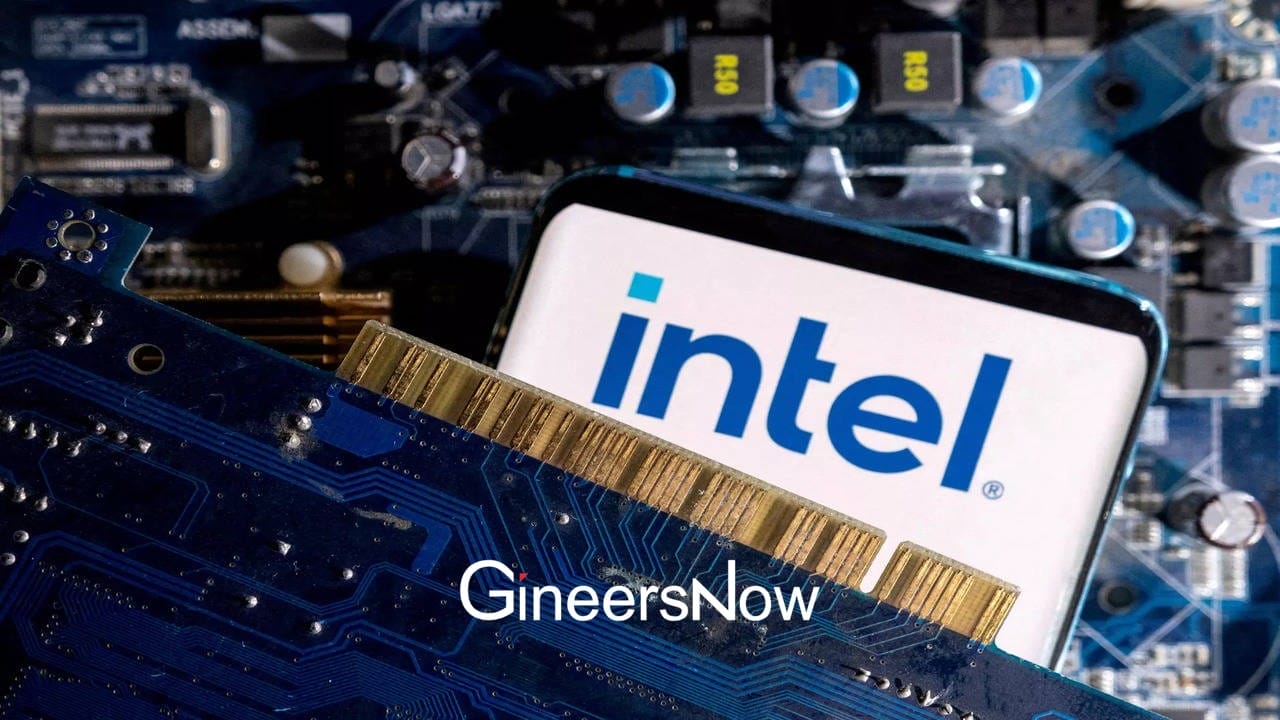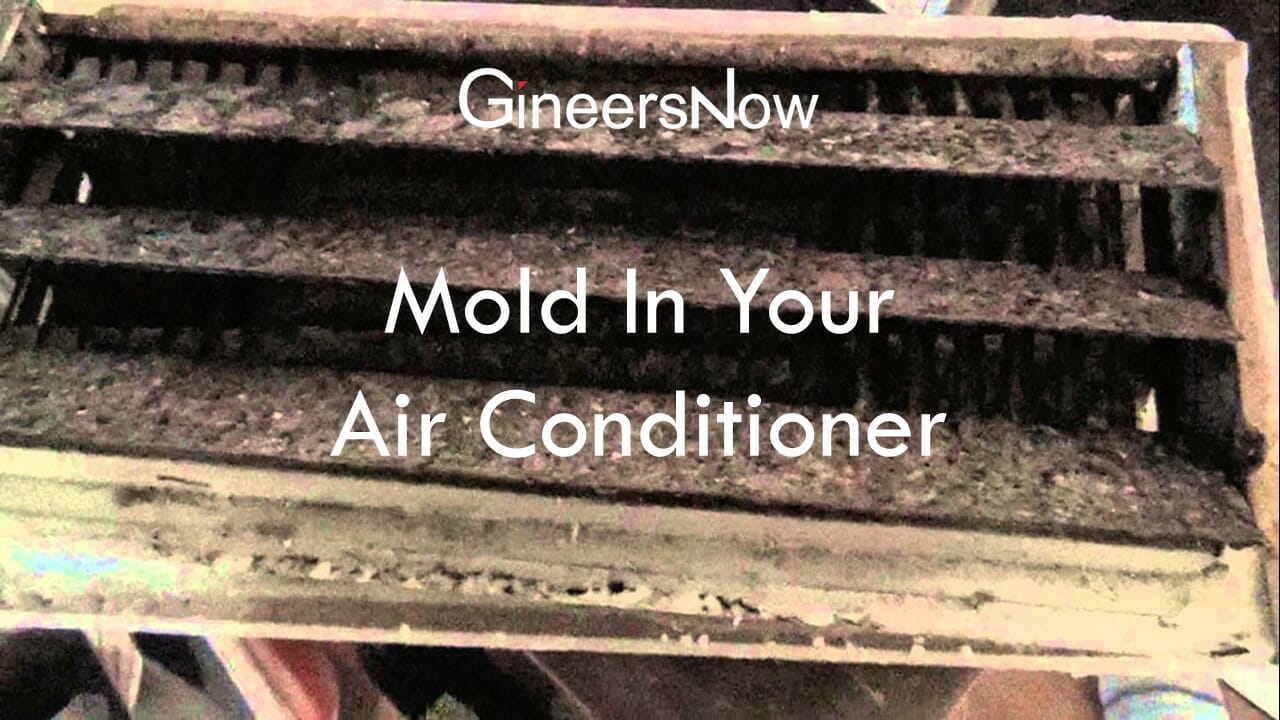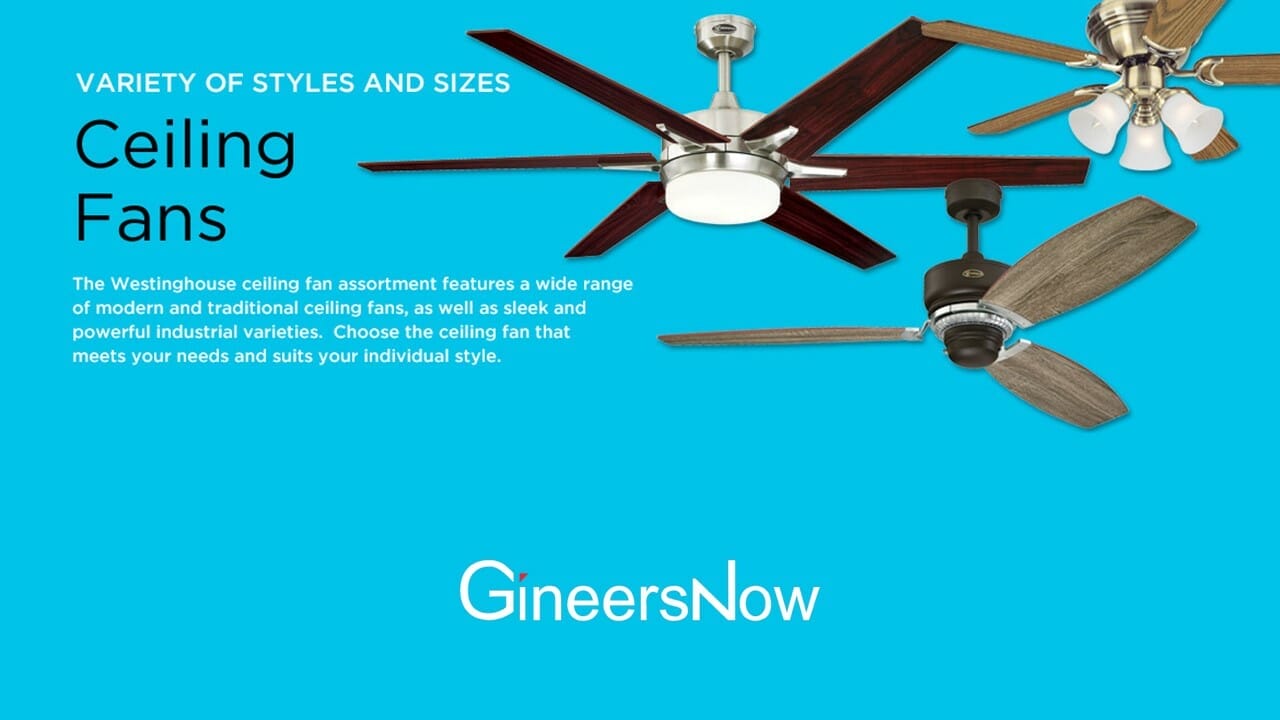With summer bringing hotter temperatures, air conditioning systems start working overtime to keep homes cool. Like any machine, AC units can develop issues at any time which will necessitate maintenance and repairs. Learning optimal practices for AC system upkeep and repair helps ensure units function properly whenever they are in use.
This article outlines helpful tips homeowners can use to identify common air conditioning problems and perform basic troubleshooting. We’ll also help you determine when professional assistance is needed and what to do when hiring certified HVAC technicians for necessary repairs.
Identifying Common AC Issues
Knowing how to identify common air conditioning (AC) problems can help homeowners determine if a repair is needed. Being aware of issues early on can prevent more extensive damage.
Refrigerant Leaks
Refrigerant is vital for AC systems to function properly. If the refrigerant level gets too low due to a leak, the AC may stop blowing cold air. Signs of a leak include an AC that turns on but does not properly cool, strange noises, or high energy bills. Getting leaks sealed quickly by an HVAC technician is essential.
- Frost Buildup: Excess moisture due to a refrigerant leak can cause frost to accumulate on the evaporator coils. This frost buildup reduces airflow and cooling efficiency.
- Oil Stains: Refrigerant leaks are often accompanied by oil leaks. Oil stains around the AC unit may indicate a leak is present.
- Strange Odors: Some refrigerants have a distinct musty or acidic smell. An odd odor or smell around the AC unit may signify a refrigerant leak.
Dirty Filters
Clogged, dirty air filters block proper airflow and put strain on the AC system. This can lead to reduced efficiency, higher energy bills, and even compressor damage over time. Checking and changing filters monthly helps keep the system running smoothly.
- Reduced Airflow: As filters fill with dust and debris, less air circulates through the system. This causes the cooling system to run longer to reach the target temperature.
- Higher Energy Bills: With reduced airflow, the system pulls more energy trying to cool the home, driving up monthly bills.
Electrical Issues
Problems with wiring, capacitors, fuses, and connections can prevent proper operation. Units may not turn on, blow hot air, or run intermittently. Consulting an electrical expert who can help to diagnose and remedy electrical issues.
- Blown Fuse: A blown fuse in the unit or electrical panel shuts power off from the system. Replacing burnt-out fuses restores operation.
- Loose Wiring: Vibrations from the cooling system can loosen electrical connections over time. Inspecting wires and tightening loose connections may fix intermittent operation or failure-to-start issues.
Check here to get additional information on how to identify common problems.
DIY Troubleshooting Techniques
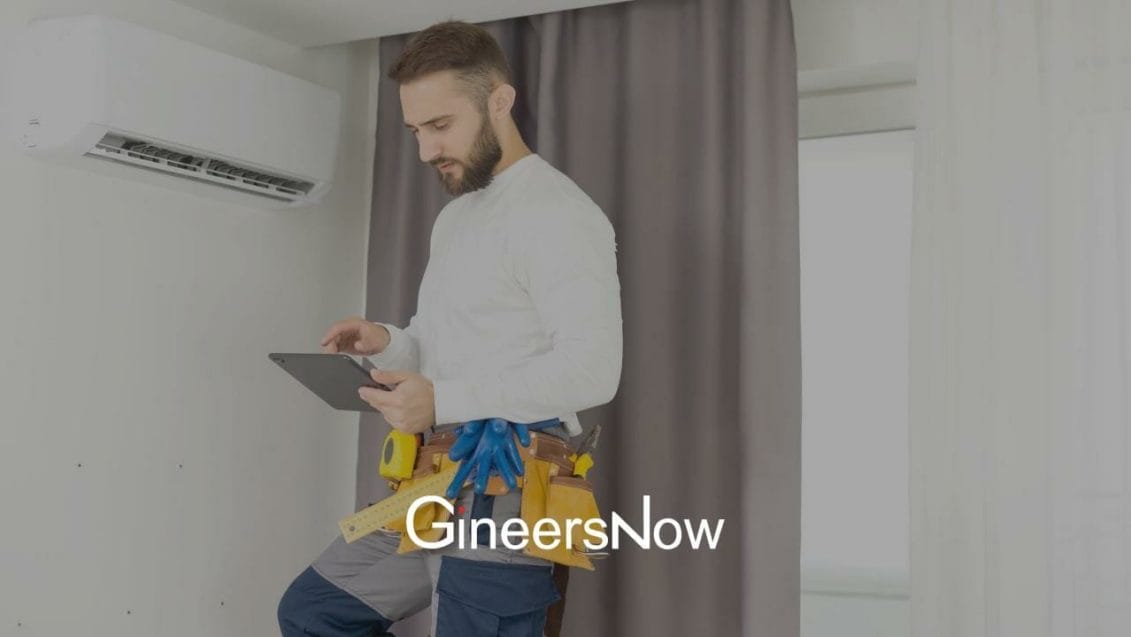
Homeowners can utilize DIY (do it yourself) techniques to troubleshoot common air conditioning problems before calling in professional repair help. Simple troubleshooting steps can identify issues to fix or determine if professional HVAC technicians are needed.
Check Power Supply
Make sure the system unit has power by checking if the circuit breaker is flipped or the fuse is blown. Reset breakers and replace fuses if needed. Verify the thermostat is turned on and set properly. Faulty thermostats may need to be replaced.
- Inspect Wires: Disconnected or damaged wires can interrupt the power supply. Inspect wires coming from the circuit breaker to the system and at the thermostat. Repair broken wires or loose connections.
- Test Voltage: Use a multimeter to check the voltage at the AC unit. No voltage indicates a power supply issue needs addressing by an electrician.
Examine Air Filter
Dirty air filters are a common source of AC problems. Check filters monthly and replace them by ensuring you adhere to the manufacturer’s guidelines. Clogged filters reduce airflow and efficiency.
- Remove Debris: Use a garden hose to wash reusable filters. Ensure all dust and dirt buildup is removed so air can pass freely. Let filters dry completely before reinstalling.
- Change Disposables: If using disposable filters, replace them with a new filter of the same size and type. Do not attempt to clean disposable filters.
Check for Leaks
Use a leak detector spray or UV flashlight to check for refrigerant leaks. Signs include frosty coils, reduced cooling, or odd smells. Any leaks will require professional repair service.
- Inspect Coils: Look for frost buildup on coils as this can indicate a low refrigerant level due to leaks. Leaks must be repaired for proper operation.
- Note Odors: Refrigerant odors like oil or vinegar could mean leaks are present. Contact an HVAC technician if leaks are suspected.
Hiring Certified Technicians
While some minor air conditioning repairs can be DIY, complex issues require trained HVAC professionals. Hiring certified professionals for AC repair ensures work is done properly and safely. Licensed technicians have the skills, tools, and expertise to accurately diagnose problems and make repairs in line with codes and safety standards.
Verify Licensing
Professionals or technicians should have up-to-date licenses and certifications for the type of work needed. Ask to see current credentials.
- Check Experience: Look for seasoned AC companies and technicians with years of service experience. Ask about specialized training.
- Inquire About Specialization: Some technicians specialize in certain brands or types of repairs. Seek those with expertise in your specific cooling system type.
Get References
Reputable companies will provide recent customer references upon request. Call references to inquire about the quality of previous AC repair work done.
- Research Reviews: Look at online reviews on Google, Yelp, and other sites. Favorable reviews indicate good experiences with repairs.
- Confirm Insurance: Technicians should carry liability insurance and workers’ compensation. Get documentation to verify coverage.
Request a Written Estimate
Ask for a detailed written estimate outlining the repairs needed, parts, labor, and total cost. Beware of vague verbal estimates.
- Compare Estimates: Get estimates from 3-5 certified companies. Compare costs for the same repairs to help choose the best value.
- Confirm Warranty: There should be a warranty on parts and labor. Understand the warranty terms and duration.
You can read more about hiring experts for your AC repair job from this website: https://www.energystar.gov/.
Conclusion
Identify common AC issues like leaks, filters, and electrical issues early to prevent costly repairs. DIY troubleshooting helps identify issues, but major repairs require certified experts. By following the tips provided above, ensure you hire insured professionals for quality service and safety whenever the need arises.


